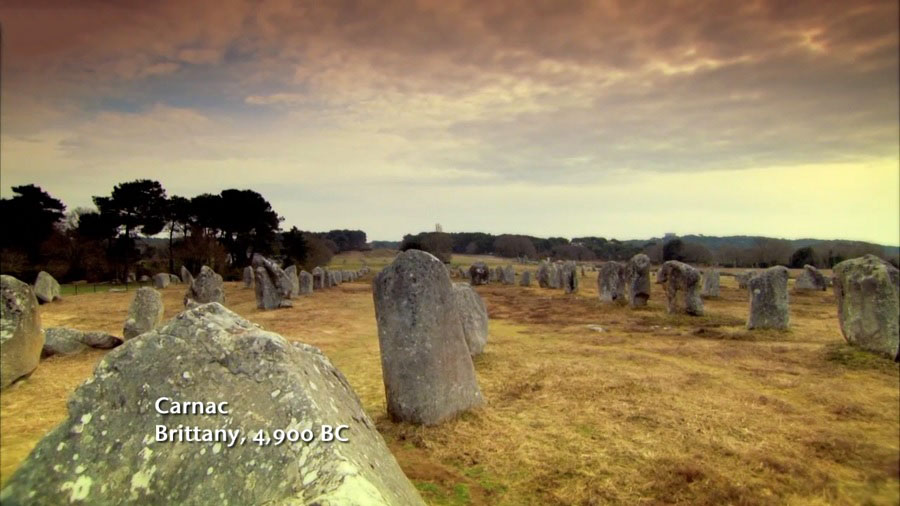A History of Ancient Britain episode 2: Neil Oliver continues the story of how today’s Britain and its people were forged over thousands of years of ancient history.
It’s 4,000 BC and the first farmers arrive from Europe, with seismic consequences for the local hunter-gatherers.
A History of Ancient Britain episode 2
Celts
The Celts of Europe identified by their use of the Celtic languages and other cultural similarities. The history of pre-Celtic Europe and the exact relationship between ethnic, linguistic and cultural factors in the Celtic world remains uncertain and controversial.
The exact geographic spread of the ancient Celts is disputed; in particular, the ways in which the Iron Age inhabitants of Great Britain and Ireland should be regarded as Celts have become a subject of controversy. According to one theory, the common root of the Celtic languages, the Proto-Celtic language, arose in the Late Bronze Age Urnfield culture of Central Europe, which flourished from around 1200 BC.
According to a theory proposed in the 19th century, the first people to adopt cultural characteristics regarded as Celtic were the people of the Iron Age Hallstatt culture in central Europe (c. 800–450 BC), named for the rich grave finds in Hallstatt, Austria. Thus this area is sometimes called the “Celtic homeland”. By or during the later La Tène period (c. 450 BC to the Roman conquest), this Celtic culture was supposed to have expanded by trans-cultural diffusion or migration to the British Isles (Insular Celts), France and the Low Countries (Gauls), Bohemia, Poland and much of Central Europe, the Iberian Peninsula (Celtiberians, Celtici, Lusitanians and Gallaeci) and northern Italy (Golasecca culture and Cisalpine Gauls)[9] and, following the Celtic settlement of Eastern Europe beginning in 279 BC, as far east as central Anatolia (Galatians) in modern-day Turkey.




